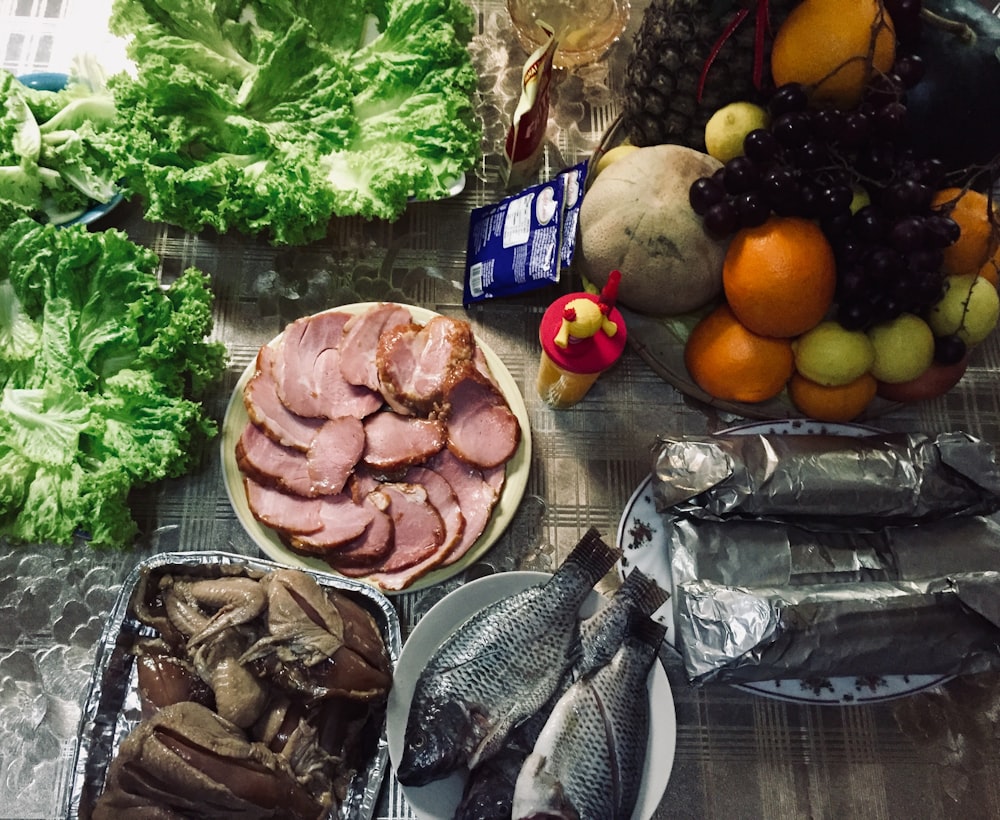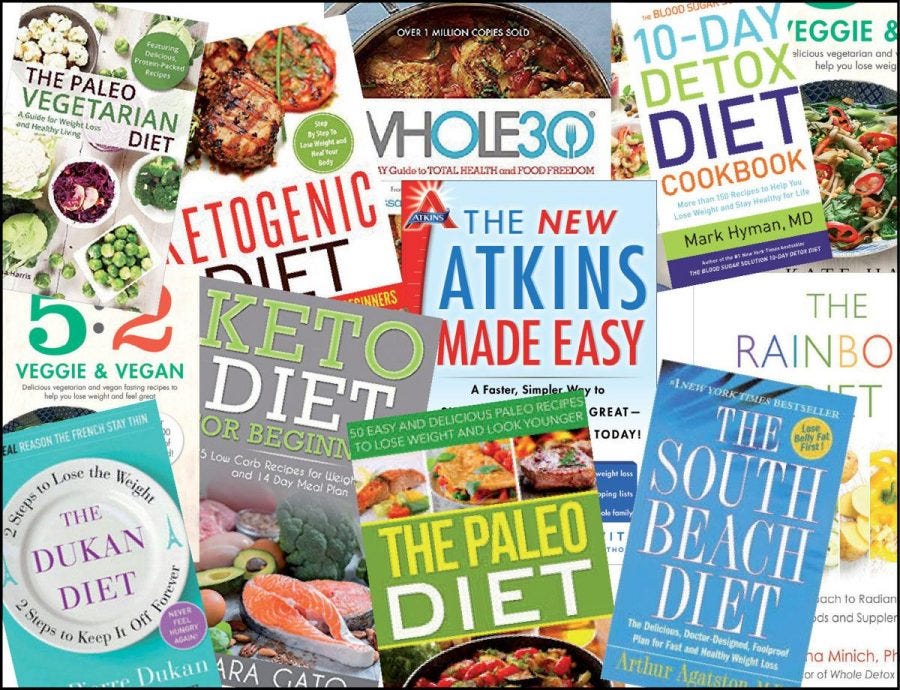Unlocking the Culprits: Foods and Gout Unveiled
Embarking on a journey to understand gout means delving into the realm of dietary choices that can either alleviate or exacerbate this painful condition. Gout, characterized by sudden and severe joint pain, is intricately linked to what we consume. Let’s navigate the landscape of foods that cause gout and gain insights into managing this uncomfortable condition.
Purines at Play: A Gout Trigger Explained
At the heart of the connection between food and gout lies purines. Purines are compounds found in certain foods and, when broken down, result in the formation of uric acid. Excessive uric acid in the bloodstream can lead to the formation of urate crystals, which accumulate in the joints, causing inflammation and the onset of gout attacks.
High-Purine Offenders: Red Meat and Seafood
When it comes to gout-triggering foods, red meat takes center stage. Beef, lamb, and pork are high in purines, making them potential culprits for gout flare-ups. Seafood, particularly anchovies, sardines, mussels, and scallops, also falls into the high-purine category, making moderation essential for those prone to gout.
Internal Checks: Organ Meats and Gout Connections
Organ meats, such as liver, kidneys, and sweetbreads, are rich sources of purines, making them potential contributors to gout attacks. While these meats are prized in various cuisines for their unique flavors and textures, individuals managing gout should approach them with caution to maintain uric acid balance.
Sneaky Sources: Hidden Purines in Everyday Fare
Gout-triggering foods aren’t always obvious. Certain vegetables, such as spinach, asparagus, and cauliflower, contain moderate levels of purines. While their purine content is lower compared to meat and seafood, individuals managing gout may benefit from being mindful of their consumption and opting for variety in their vegetable choices.
Fructose Follies: Sugary Culprits in Gout Flare-Ups
The role of fructose in gout has gained attention in recent years. High-fructose corn syrup, commonly found in sugary beverages and processed foods, has been linked to increased uric acid levels. For those prone to gout, moderating the intake of sugary drinks and sweets can be a strategic move in managing this condition.
Alcohol Agony: A Gout Trigger to Be Mindful Of
Alcohol, particularly beer, has been associated with an elevated risk of gout attacks. Beer contains purines and may also influence the kidneys’ ability to excrete uric acid. While moderate wine consumption may have a lower impact, individuals with gout should approach alcohol consumption cautiously and be aware of its potential effects.
Balancing Act: Dairy and Cherries in Gout Management
In the quest to manage gout through dietary choices, certain foods can play a supportive role. Low-fat dairy products have been linked to a reduced risk of gout attacks. Additionally, cherries, known for their anti-inflammatory properties, may help lower uric acid levels. Including these options in the diet can contribute to a more balanced approach to gout management.
The Hydration Factor: Water’s Role in Gout Prevention
While not a specific food, the importance of hydration cannot be overstated in the context of gout management. Adequate water intake helps flush excess uric acid from the body, reducing the risk of crystal formation. Staying well-hydrated is a simple yet powerful strategy for individuals navigating the challenges of gout.
Navigating Gout Through Smart Choices: Your Personalized Approach
Understanding the connection between foods and gout lays the foundation for a personalized approach to managing this condition. It’s not about strict restrictions but about making informed choices. Explore Foods that Cause Gout for insights, tips, and a nuanced perspective on crafting a diet that aligns with your unique needs while addressing the challenges posed by gout.





